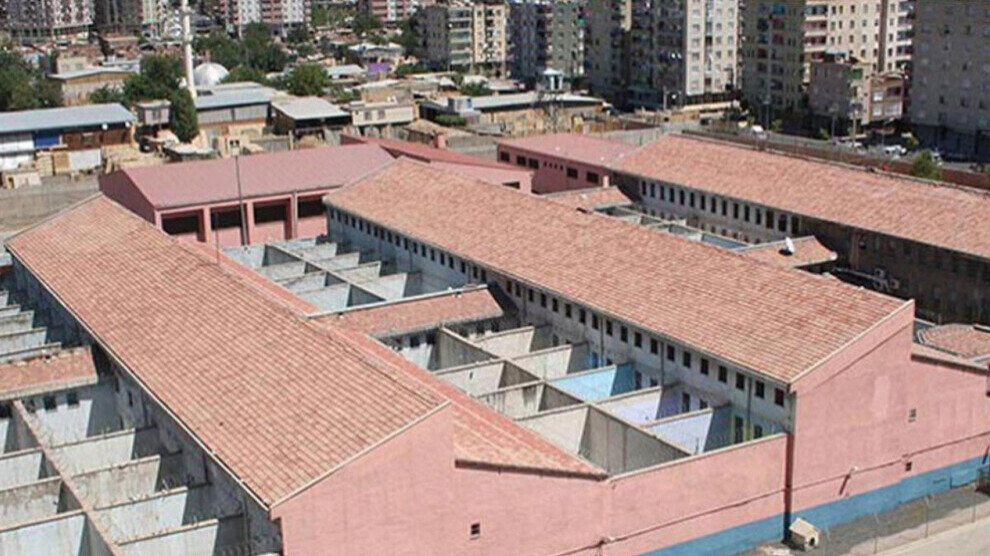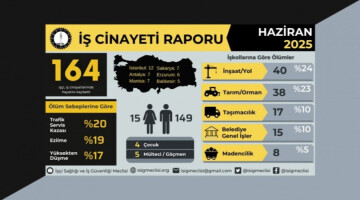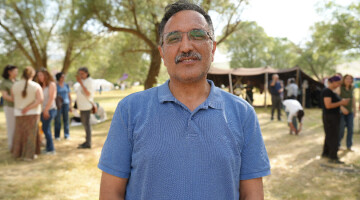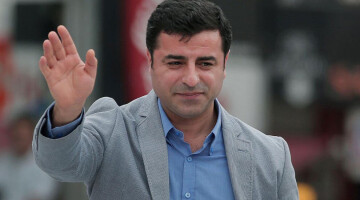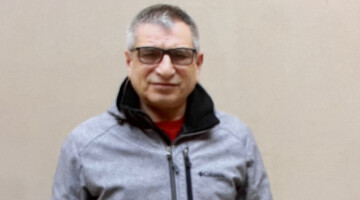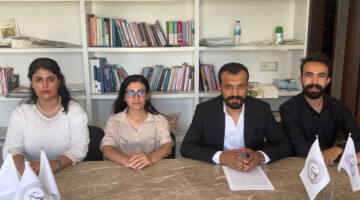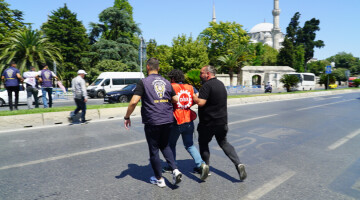In Diyarbakir women's prison law violations increased during the period of the pandemic. This is what emerges from a letter written by eleven political prisoners to IHD chair, lawyer Eren Keskin. The prisoners are even asked to pay for their own electricity consumption. Cell wing A-12 received an electricity bill of 313.74 TL in November.
The prisoners tell of conditions that are reminiscent of the time of the 12 September 1980 military coup. The pandemic is being used as an alibi for degrading treatment, write the eleven women. Health and human rights are ignored. "Even the air we breathe is being subjected to bureaucratic obstacles under the pretext of COVID-19 measures," the women wrote.
Common rooms and social activities have been canceled for months and visits are only possible by a single person. In addition, lawyers' conversations are bugged.
"Rights are being canceled one by one"
Regarding the legal violations taking place, the prisoners wrote: “The pandemic is being used as an alibi to cancel our legal and humanitarian rights one by one. Many of us suffer from chronic illnesses, but a doctor only comes to the infirmary one day a week. If the emergency service is called in urgent cases, it only comes after 30 to 40 minutes, even though the hospital is only five minutes away."
Prisoners chained together during transport
“Double restraint is used when transporting to court or hospital. Both hands are handcuffed and the person is handcuffed to another person with a second handcuff. This approach is not only degrading, it is also an open threat to our health because of the lack of social distancing during the pandemic. For this reason, we haven't gone to the hospital or court for almost a year. In this way we are deprived of the right to personally defend ourselves in court. There are friends who wanted to go to the court and to the hospital despite the double restraint and they even had breathing problems in the transporter, which is small and looks like a coffin. They had to be brought back halfway."
Camera surveillance 24/7
The prisoners continued: “Our living space is monitored 24/7 with cameras. The camera in the courtyard is set up so that our beds and the toilet can be observed. The room we use during the day is monitored by another camera. As female prisoners, we consider the 24/7 surveillance to be a violation and an attack on our intimate lives. In addition, the cells are searched every week numerous times."
Strip searches, no bandages, quarantine
As the women wrote, newly arrived prisoners are forced to undergo a full strip search. This is followed by a two-week quarantine, during which the basic needs are not guaranteed. Women have to tear their bed sheets or clothes and use them when menstruating. Arrested mothers with babies and young children must also remain in quarantine for two weeks.”
Books endangering the security of the institution
The prisoners further wrote: “While all social activities have been canceled, the number of books handed out has been limited to ten in two months per person. Some books are classified as questionable and confiscated.”
The book “Freedom of Expression, Principles and Turkey” was recently withheld because it is said to contain PKK propaganda and thus endangers institutional security. In the justification it says that PKK sympathizers can be won through the book. The women appealed in vain. A chapter in the said book is written by the President of the Constitutional Court. "The fact that this endangers the security of the institution summarizes the lack of rights and arbitrariness in the prisons in Turkey", wrote the women. Except for the mainstream media, all newspapers, magazines, brochures, and even crossword puzzles are banned. Even children's crayons are considered dangerous and are retained.
Mothers are separated from their children
Except for a limited number of items of clothing, no basic things may be sent to the prisoners from outside. They can only be bought in the detention shop, but many things are not offered there. "And the existing products are of very poor quality and extremely expensive," said the women in their letter.
As a last point, the prisoners denounce that mothers are separated from their children and that visits have not been allowed for months.

